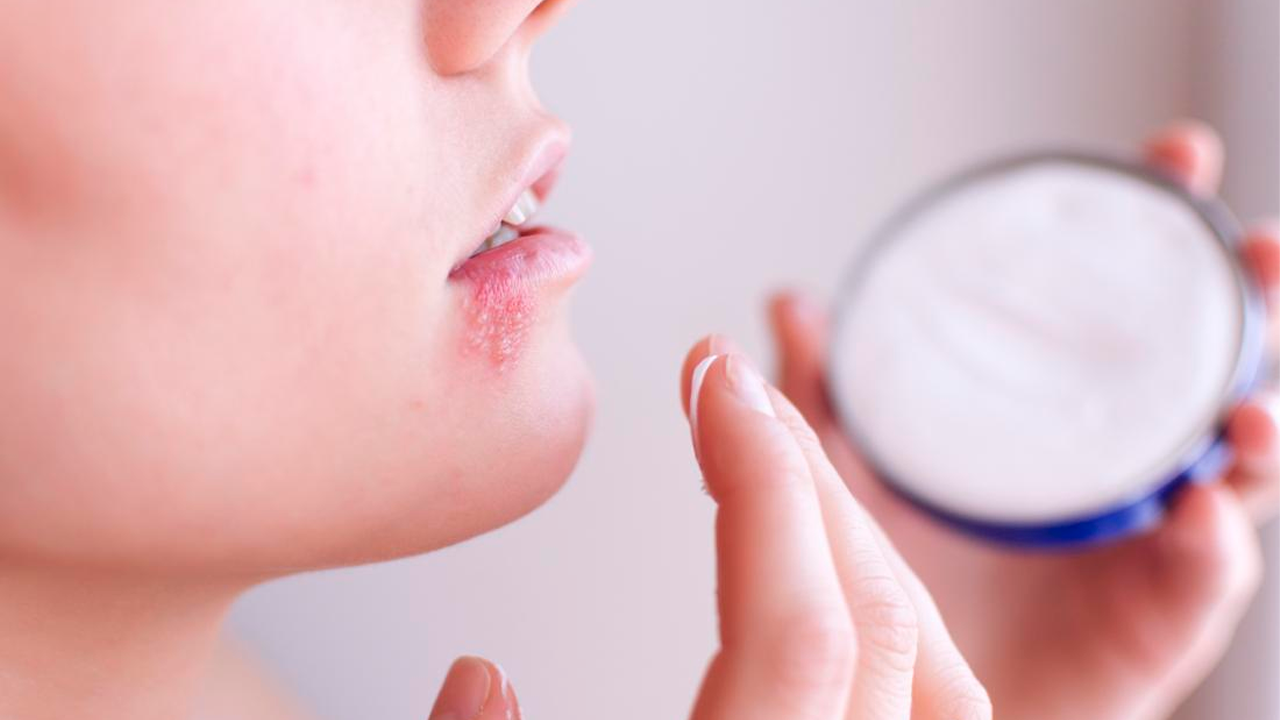Genital and oral herpes are viral infections brought on by the herpes simplex virus, or HSV. Human herpesvirus types 1 and 2 frequently cause recurrent infections of the skin, mouth, lips, eyes, and genitalia. Many people have HSV which is asymptomatic, which means they never experience an outbreak or active episode of herpes.
Others might occasionally develop rashes or blisters filled with fluid. The mouth, lips, or sexual organs are where these blisters most frequently show up, but they can also develop on the hands, fingers, or other parts of your body.
Causes
HSV is a contagious virus that can be spread by coming into contact with open sores. Nevertheless, even when no symptoms are present, it is still possible to transmit or contract HSV because the virus also "sheds" on a small fraction of days. In reality, a lot of people get HSV from other people who are unaware they are infected.
HSV-1, or oral herpes, can be contracted or transmitted through close contact with a herpes sore, saliva, or other bodily secretions while an episode is in progress. Examples of direct contact are kissing, oral sex, and other close-skin contact.
Similar to HSV-1, HSV-2, or genital herpes, can be spread or developed through close contact with an infected herpes sore, saliva, or other bodily secretions while an episode is in progress.
Symptoms
Symptoms from HSV don't always present. The intensity of any symptoms you do have will typically depend on whether you have a primary infection or a chronic infection. Some symptoms of Herpes Simplex Virus are:
- Flu
- Enlarge lymph
- Body pain
- Fatigue
- Inability to eat
- Irritation
- Burning skin
- Tinglings
According to the National Center for Biotechnology Information, “The incidence of HSV-2 infection was 6.8% among women with bacterial vaginosis (BV) as compared with 5.1% among women without BV and this association was not statistically significant. Similarly, the incidence was 6.7% among women with Trichomonas vaginal infection as compared with 5.1% among those without infection.”
Treatments
Herpes has no known treatment as of yet. But several treatments could be able to help you feel better. Usually, sores heal on their own, without the need for medical attention. But if you frequently or severely experience breakdowns, a medical professional can recommend antiviral drugs. Antivirals can reduce the frequency of your episodes as well as the intensity of your symptoms.
There are numerous natural therapies that might help reduce the pain and discomfort brought on by herpes blisters. Apply the following remedies to sores for comfort. For example, a warm or cold compress made of a mixture of water, a combination of minced garlic, Aloe vera, olive oil, etc.

 HSV can be spread through sexual contact, but there are other ways to spread the virus. Herpes carries a lot of stigmas, but it is actually very common and nothing to be ashamed of.
HSV can be spread through sexual contact, but there are other ways to spread the virus. Herpes carries a lot of stigmas, but it is actually very common and nothing to be ashamed of.










.jpeg)



.jpg)





.jpeg)



.jpg)


.jpg)




.jpg)


